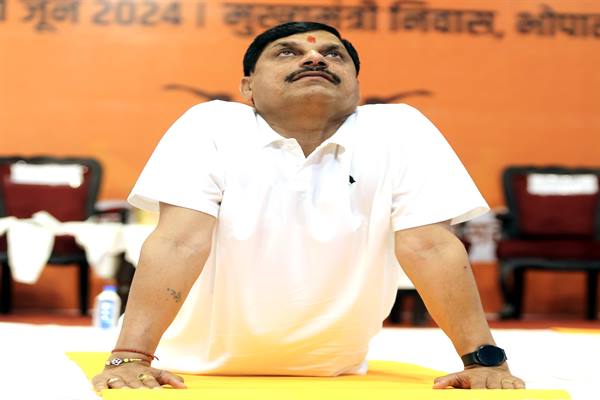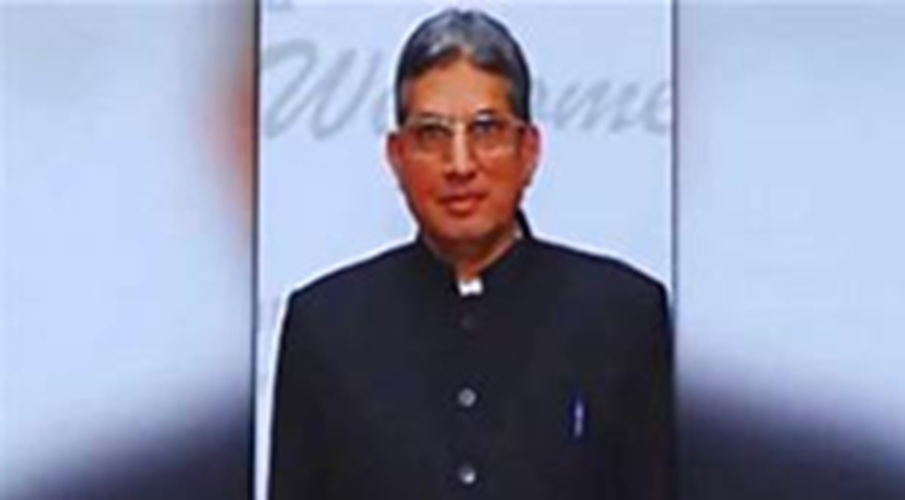Bhopal – India, also known as Bharat, is a Union of States. It is a Sovereign Socialist Secular Democratic Republic with a parliamentary system of government. With the 42nd Amendment of the Constitution of India enacted in 1976, the Preamble to the Constitution asserted that India is a secular nation. However, the Supreme Court of India in the 1994 case S. R. Bommai v. Union of India established the fact that India was secular since the formation of the republic.
Secularism means separating government from religion which simply means that the government of India should not follow or favour any particular religion rather every religion should be favoured equally.
However, contrary to this Madhya Pradesh Chief Minister Dr. Mohan Yadav has declared that the teachings about Lord Ram and Lord Krishna are to be included in the school and higher education curriculum of Madhya Pradesh. He voiced this during a state-level celebration held for Yoga Day in Bhopal while talking with media-persons. Sources said a committee of experts will be formed to prepare this new curriculum, which the state plans to introduce in the next academic year.
After attending the Yoga Day ceremony, when the CM interacted with the media, Dr. Mohan Yadav pointed out that the state government has initiated two projects concerning the tracks of Lord Ram and Krishna in MP. The majority of these areas have been chosen by the government to be built around Lord Ram and Lord Krishna’s travels and turn into pilgrimage centres. This initiative marks a substantial shift in the educational approach of Madhya Pradesh, emphasizing the importance of cultural heritage and spiritual teachings in shaping young minds.
According to media reports to the statement of CM Dr. Yadav, the ex-Chief Minister of Madhya Pradesh, Digvijay Singh replied that teachings related to Ram and Krishna should be taught in society for people to learn. He went on to point out to the indispensability of the teachings from other religious gurus as well as Lord Ram, and Lord Krishna. Singh stressed that religious teachings about Guru Nanak, Jesus and Hazrat Muhammad (PBUH) should also be studied in school. He expressed his views regarding the suggestions and principles that saints from various religions should convey.
Discussions regarding integrating religious teachings into curricula remain an emergent issue and a topic that invites discussions about the relationship between cultural pasts and secular education in India. Throughout the discussions about religious diversity in schools, stakeholders debate over how various religions and their teachings can be incorporated into the system and how people of different faiths can be accepted and treated equally.






0 Comments